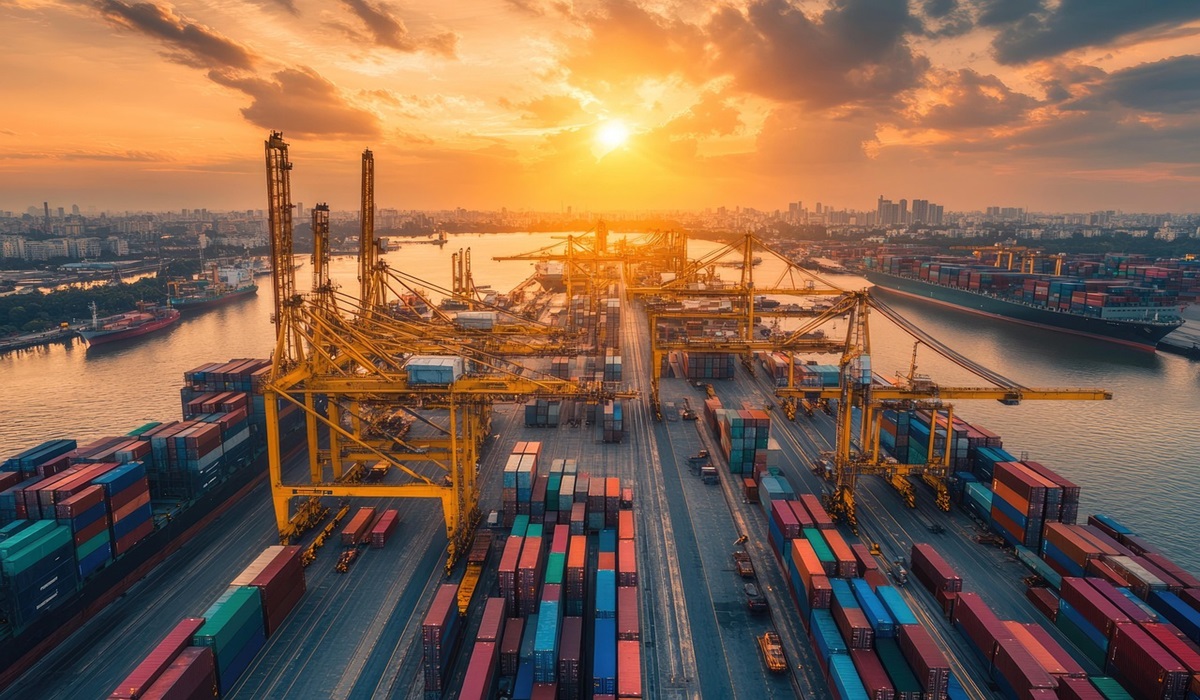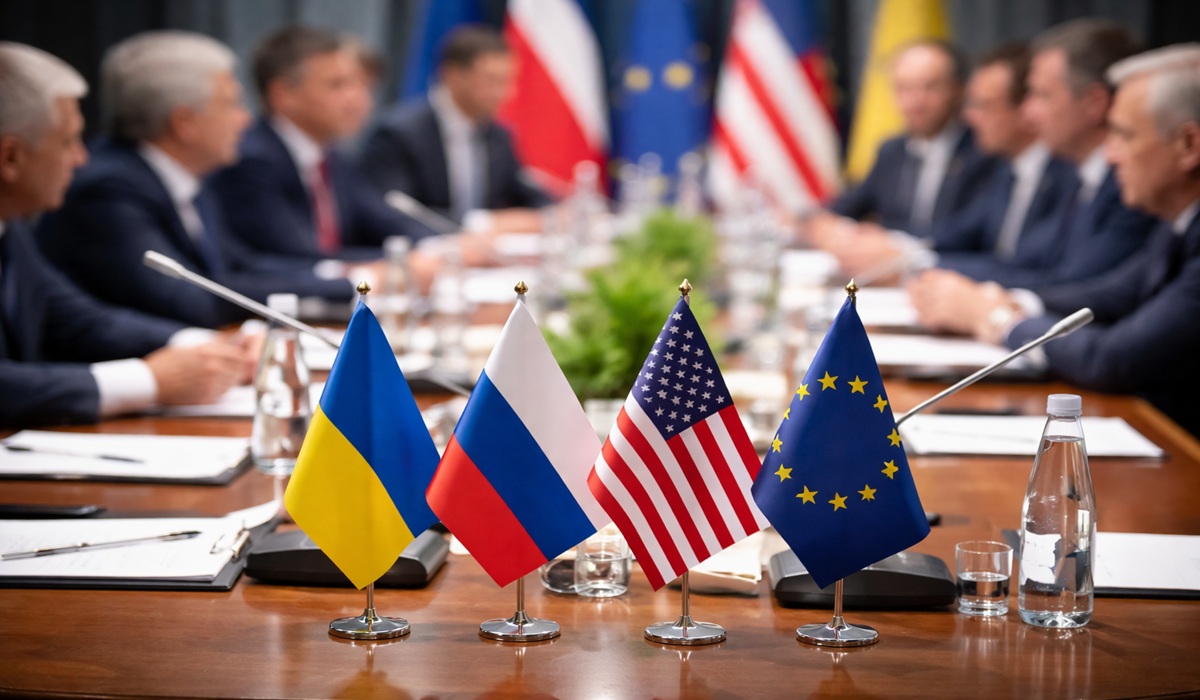Image Credit: Yamu_Jay
OTTAWA — As of midnight, sweeping new tariffs from U.S. President Donald Trump have officially taken effect, triggering a new phase in global trade instability and striking a blow to key sectors of the Canadian economy. In a decisive response early this morning, Canadian Prime Minister Mark Carney delivered a direct and unapologetic national address, condemning the Trump administration’s latest move and promising bold action to protect Canadian workers and industries.
Trump’s new tariff order imposes a 35% duty on Canadian exports that fall outside the protections of the Canada-United States-Mexico Agreement (CUSMA), including major staples of the Canadian economy such as lumber, aluminum, steel, and automobiles. The measures—announced with little notice—took effect as the calendar turned to August 1, sparking alarm across border towns, corporate boardrooms, and global markets alike.
“President Trump has announced that the United States will increase its tariffs to 35% on those Canadian exports not covered under CUSMA,” said Carney. “While the Canadian government is disappointed by this action, we remain committed to CUSMA, which is the world’s second-largest free trade agreement by trading volume.”
Though CUSMA continues to shield many cross-border goods, Canada’s vulnerable industries are bracing for economic whiplash. Steel and auto manufacturing plants are expected to see immediate pressure, and companies with U.S.-focused export strategies are now reassessing production and staffing.
The shock was compounded by Washington’s stated rationale for the new tariffs: the cross-border flow of fentanyl. President Trump has linked trade restrictions to what he claims is Canada’s role in the U.S. fentanyl crisis, despite the fact that Canada accounts for just 1% of fentanyl imports into the United States. Carney rejected the justification outright, describing it as misleading and disrespectful of the facts.
“Canada’s government is making historic investments in border security to arrest drug traffickers, take down transnational gangs, and end migrant smuggling,” said the Prime Minister. “Thousands of new law enforcement officers, aerial surveillance, the strongest border legislation in our history—we are acting, and acting seriously. But using fentanyl as a pretext for an economic attack on Canadian workers is unacceptable.”
The Canadian government has made it clear it will not be bullied into reactionary negotiations. Instead, Carney laid out a national strategy aimed at strengthening domestic industry, increasing self-reliance, and diversifying export markets. The federal government is now working with provinces, territories, and Indigenous partners to initiate what the Prime Minister called a “series of major nation-building projects” expected to unlock over half a trillion dollars in new investment.
“Canadians will be our own best customer,” Carney said. “We can give ourselves more than any foreign government can ever take away by building with Canadian workers and using Canadian resources to benefit all Canadians.”
This vision marks a turning point in the modern history of Canada–U.S. relations. Once considered the most tightly integrated bilateral trade partnership in the world, that dynamic is now shifting. Prime Minister Carney emphasized that Canada is moving away from reliance on U.S. economic policy, citing erratic decision-making and the Trump administration’s tendency to “move the goalposts.”
“Trump does not negotiate in good faith,” Carney said earlier this week. “And Canada will not be baited.”
As Canadian policymakers accelerate trade talks with Europe, South Korea, Japan, India, and ASEAN members, the private sector is also pivoting. Several Canadian firms have announced plans to reorient their logistics networks and increase sales to overseas buyers.
Markets responded to the midnight tariff activation with unease. The Toronto Stock Exchange opened nearly 300 points down, while the Dow Jones Industrial Average slid over 450 points amid investor anxiety about retaliation and slowing global growth. Shares in steel, auto, and commodity sectors dipped sharply, as did confidence in North American manufacturing stability.
International condemnation followed swiftly. European Union leaders decried the tariffs as economically destabilizing. China denounced them as protectionist coercion. South Korea and Japan issued statements warning of long-term economic consequences if exemptions are not granted to other allies. The global consensus: these tariffs risk sparking an unraveling of decades-long supply chains.
Yet amid the turbulence, Ottawa is doubling down on domestic resilience. New trade deals are being drafted. Supply chains are being redesigned. Major investments are being rolled out. And Canada is, by all appearances, preparing for a future where America is no longer its central economic partner.
“We will continue negotiating with the United States,” said Carney, “but we are laser-focused on what we can control: building Canada strong.”
Whether this economic standoff escalates into a broader trade war or finds resolution in the coming weeks remains to be seen. But for now, the message from Canada is firm, unified, and forward-looking. Ottawa is choosing sovereignty over subservience—and resilience over retaliation.









